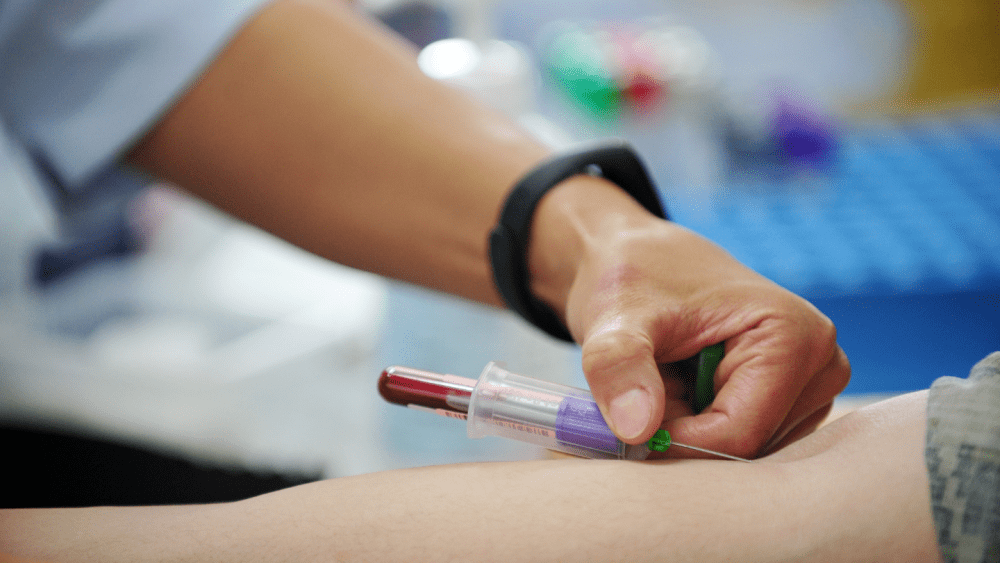Sexually transmitted diseases STDs are infections transmitted primarily through sexual contact. Recognizing the importance of proper treatment is essential to protect individual health, prevent complications, and reduce the spread of infections within communities. Understanding STD treatment involves awareness of available medical options, timely intervention, and proactive prevention.

Diagnosis: The First Step
Effective treatment begins with accurate diagnosis. Many STDs, such as chlamydia, gonorrhea, and syphilis, may not exhibit obvious symptoms, making routine testing critical, especially for sexually active individuals. Common tests include blood tests, urine samples, or swabs of affected areas, depending on the suspected infection. Open communication with healthcare providers is vital to ensure the right tests are conducted.
Treatment Options
Treatment for STDs varies based on the type of infection:
Bacterial Infections: STDs such as chlamydia, gonorrhea, and syphilis are caused by bacteria and can be effectively treated with antibiotics. Early treatment prevents complications like infertility or organ damage.
Viral Infections: Viral STDs, including herpes, human papillomavirus HPV, and HIV, cannot be cured but can be managed with antiviral medications. These treatments help control symptoms, reduce outbreaks, and lower the risk of transmission.
Parasitic Infections: Conditions such as trichomoniasis are treated with antiparasitic medications.
It is crucial to follow the prescribed treatment regimen completely, even if symptoms disappear, to ensure the infection is fully cleared.
Partner Notification and Treatment
If diagnosed with an drtsuri austin std services, informing sexual partners is essential to prevent reinfection and further spread. Many jurisdictions provide confidential partner notification services. Both partners should be tested and treated as necessary to break the cycle of transmission.
Prevention and Follow-Up
Preventing STDs is as important as treating them. Practicing safe sex, using condoms consistently and correctly, limiting the number of sexual partners, and maintaining open conversations about sexual health can significantly reduce risk. Vaccinations, such as those for HPV and hepatitis B, also offer effective prevention. Regular follow-up appointments are recommended after treatment to confirm the infection has been cleared and to screen for potential reinfection.
Importance of Early Intervention
Delaying STD treatment can lead to severe health issues, including infertility, chronic pain, or life-threatening complications. Early detection and treatment improve outcomes and enhance quality of life. Understanding STD treatment empowers individuals to take control of their health and contributes to a healthier, more informed society. Seeking medical care promptly and fostering open communication about sexual health are key to combating the stigma surrounding STDs and promoting overall well-being.